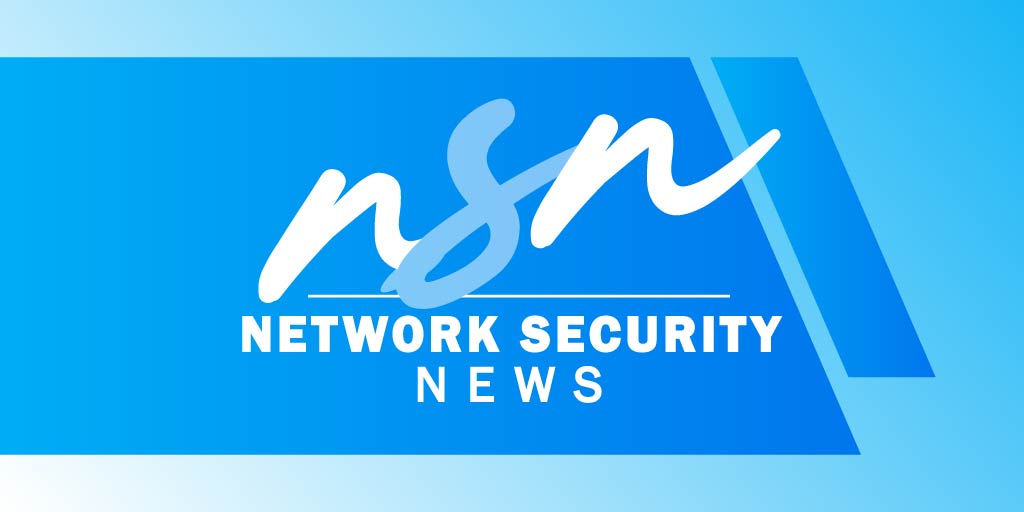Articles of interest from the week of May 25, 2020
Malware Opens RDP Backdoor Into Windows Systems A new version of the Sarwent malware can open the Remote Desktop Protocol (RDP) port on target...
1 min read
John Frasier : Jun 27, 2022 12:00:00 AM
A clever, new phishing technique uses Microsoft Edge WebView2 applications to steal victim's authentication cookies, allowing threat actors to bypass multi-factor authentication when logging into stolen accounts. (By Lawrence Abrams, BleepingComputer)
A reported “potentially dangerous piece of functionality” allows an attacker to launch an attack on cloud infrastructure and ransom files stored in SharePoint and OneDrive. (By Sagar Tiwari, Threatpost)
The Federal Trade Commission (FTC) announced last Friday that it has finalized an order against CafePress, requiring it to improve its security posture following a cybersecurity incident that the company attempted to cover up. (By Ionut Arghire, SecurityWeek)
Managing identities accessing enterprise resources has become significantly more complicated over the last several years. Between the increasing number of identities, the challenges posed by phishing attacks, and the continued growth of cloud adoption, enterprises are under tremendous pressure to ensure that remote workers, contractors, and employees are accessing network resources securely and successfully. (By Help Net Security)
An unofficial security patch has been made available for a new Windows zero-day vulnerability in the Microsoft Support Diagnostic Tool (MSDT), even as the Follina flaw continues to be exploited in the wild. (By Ravie Lakshmanan, The Hacker News)
Malware Opens RDP Backdoor Into Windows Systems A new version of the Sarwent malware can open the Remote Desktop Protocol (RDP) port on target...

1 min read
Only 8% of Businesses That Paid a Ransom Got All of Their Data Back The average total cost of recovery from a ransomware attack has more than doubled...
1 min read
Microsoft Warns of a Wide-Scale Phishing-as-a-Service Operation Microsoft has opened the lid on a large-scale phishing-as-a-service (PHaaS) operation...